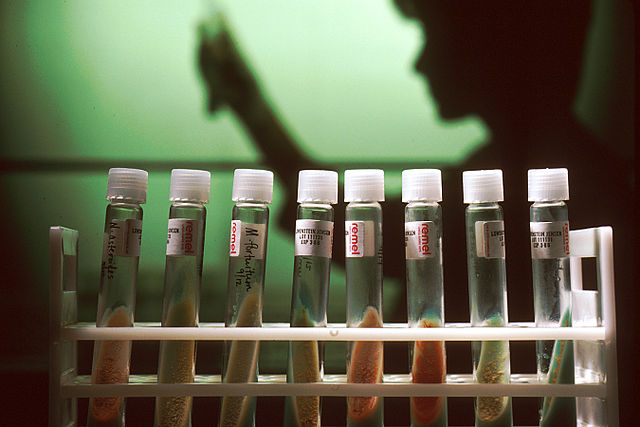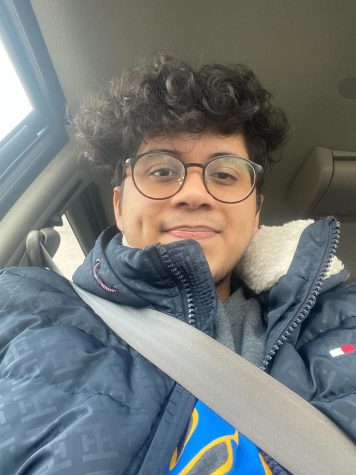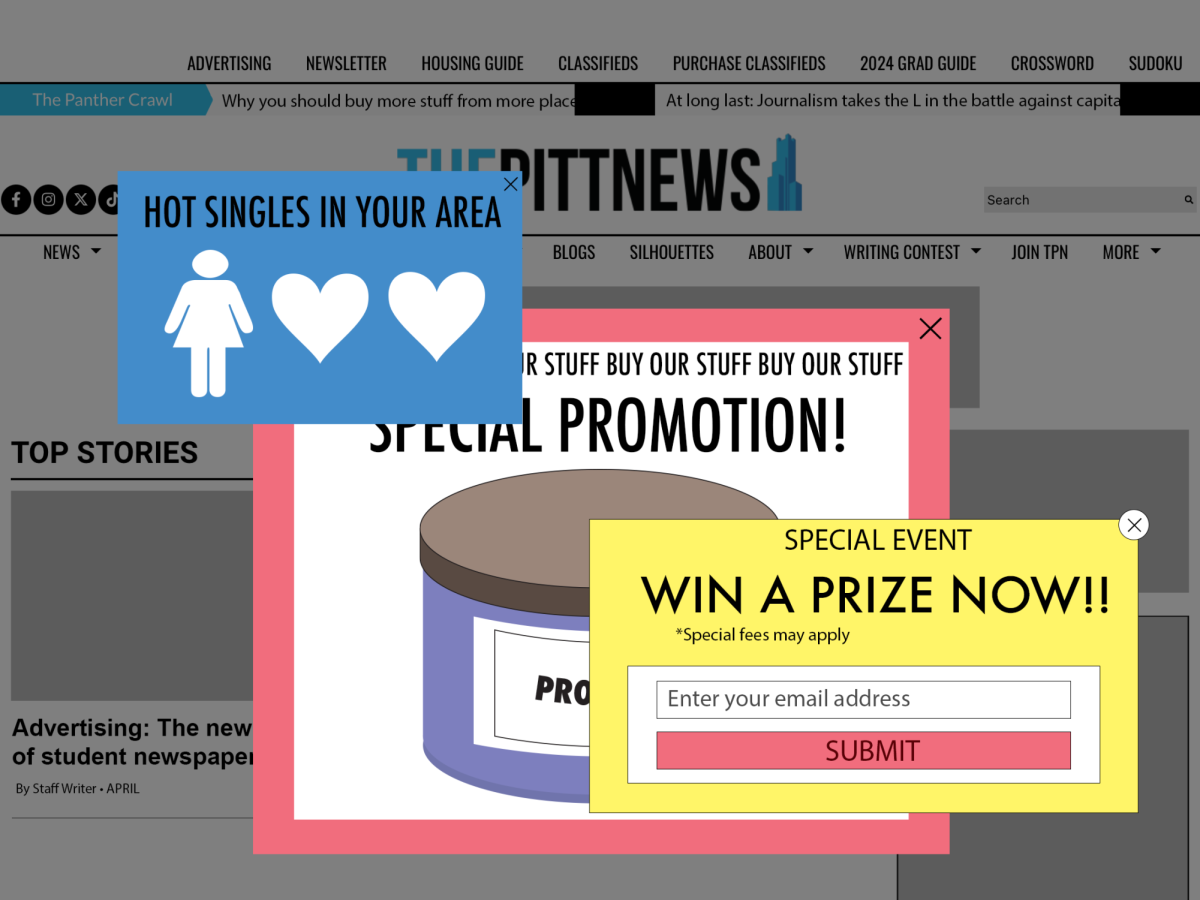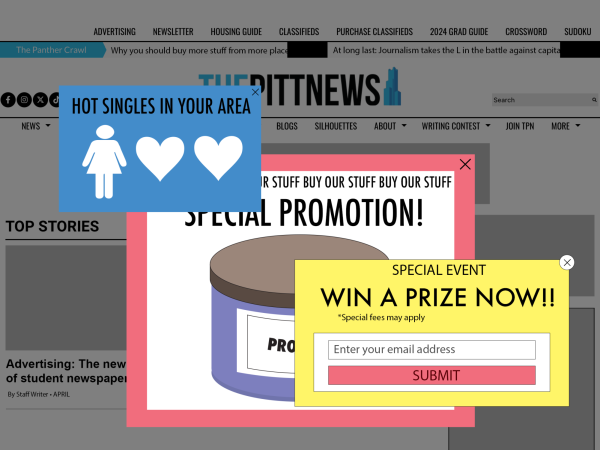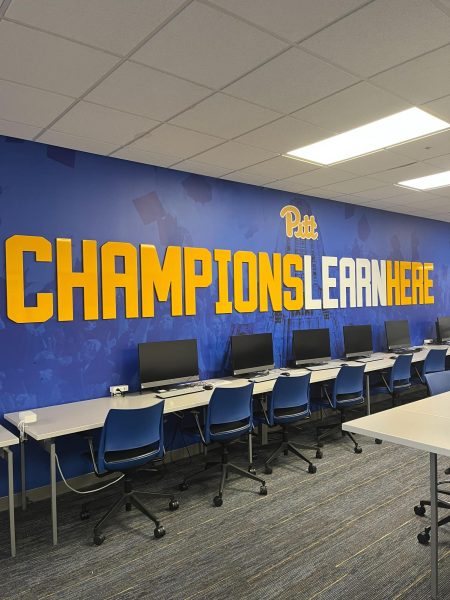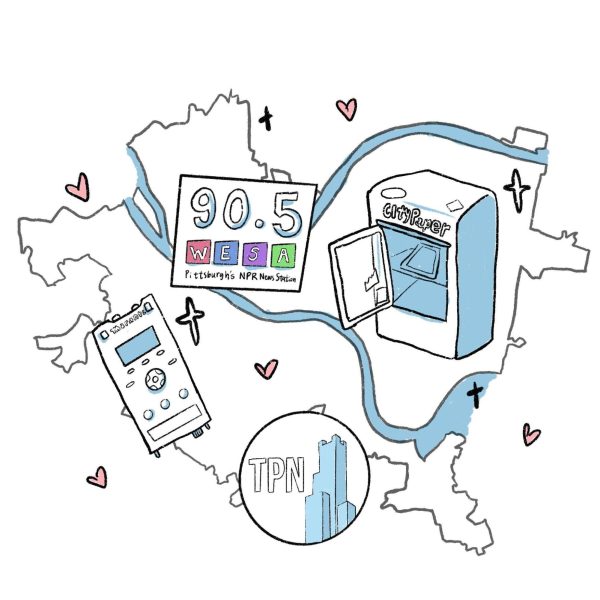Opinion | Undergraduate research is all about the experience
Image via Bill Branson, Wikimedia Commons
A row of test tubes in a lab.
November 30, 2022
I frequently find myself in uncertain waters as I prepare to apply to medical school. Like the thousands of other pre-med students at Pitt, I have a long list of prerequisites to fulfil to ensure my application is competitive enough.
Many medical schools advise applicants to have a few hundred hours of community service, clinical experience, some shadowing exposure and research involvement. These recommendations don’t include the GPA and MCAT requirements or required classes. Preparing to apply to medical school is challenging, and like other graduate degree programs, admissions are selective. I find that through all of this, we lose sight of why graduate programs advise us to have these experiences in the first place.
While research involvement is viewed as an application booster, it’s one of the more difficult prerequisites to fulfil. There’s a common misconception among students that in order to join a research lab, they need to have had prior research experience. Fulfilling this barrier to entry is practically impossible because it leaves students in a never ending paradox of needing experience to gain experience.
Just like volunteering, shadowing and clinical work, research positions demand only two things — commitment and effort. I think having prior experience in research is beneficial, but it’s more important to have the right mindset entering research as it can take you further beyond just the scope of fulfilling a prerequisite.
When I interviewed for my undergraduate research position, I was pessimistic about my principal investigator accepting me as I was a first-year who had only spent about a week in college. We discussed the ongoing research projects in the lab, my goals and motivations to join the team and how I hoped to contribute to the team.
Toward the end of our discussion, my mentor shared with me a piece of advice that I still heed today. He told me that it didn’t matter what stage of my education I was in, but it mattered most that I held up my end of the commitment. He promised that he would push me to achieve as long as I showed up to lab conscientiously and learned as much as I could. This reassurance immediately quashed the prior misconceptions I had about research and made me realize that the only thing that stood between me and the opportunity was my own hesitance.
I have been an undergraduate researcher in my lab for more than a year now. In the lab I work in, we study the genetic factors that contribute to higher risks of stroke. Stroke is the leading cause of death in the United States, with a person suffering from a stroke every 40 seconds. Stroke disproportionately affects different ethnicities. For example, African American individuals are twice as likely to suffer from a stroke than white Americans, and in our lab, I work with our team to determine why this is the case.
For most pre-med students, having this experience is a tick on the medical school application checklist. Most medical schools don’t expect research hours unless applying for an MD-PhD program, so this gives me an edge. However, I think this line of reasoning is narrow and restricts us from embracing an experience that we may never get again. I don’t think being in a research lab is a means to an end — I find that is an end in itself.
I choose to continue showing up to the lab and supporting the research because it’s a meaningful way to contribute to the scientific community and the countless people who will benefit from discoveries we make. Every hour I spend brings us one step closer to improving the lives of those who suffer from diseases like stroke. I think it’s important to recognize the crucial role we play as researchers in the grand scheme of things. At the end of the day, as pre-med students we are entering the field of healthcare to serve people, a cause greater than our own personal accomplishments.
In a brief conversation with my lab mentor, I asked him why he continues to juggle his research commitments and his clinical commitments as a physician instead of sticking to just one. He offered an intuitive and relatable response — he wanted to interact with the individuals who suffer from the diseases he researches so that he could understand first-hand why it’s so important to continue his research. Through our conversations with patients it occurred to me how debilitating chronic disease can be. Their lives are flipped upside down as they battle with their own mortality. It gives me purpose to be part of the fight against these diseases. This gives me purpose.
Above all, a quote from another mentor of mine stuck with me throughout all the hardships, the uncertainties and adversities. He told me to enjoy the research. To appreciate the science behind it and to realize the impact of it all. As an undergraduate researcher, my biggest responsibility is to learn as much as I can — scientifically and morally. I’m in a position where I am taught after making mistakes, protected from the consequences and in the presence of such great minds who guide me as I develop as a person. And who knows if I’ll ever get this opportunity again.
My advice to students hoping to conduct research is to find the commitment and go for it. The experience does more than just fill a spot on your resume. I think with the right outlook, you will come out of it with a better appreciation for the field you intend to join and a better understanding of the people you are working to help.
Regardless of what field of research you join, even if it is something you are not interested in, it’s a learning experience that will help you gain skills and knowledge that will eventually help you down the line. Equally important is the people you meet and interact with on your journey who were once in your shoes as undergraduates and know exactly how to help you grow and achieve the goals you have set for yourselves.
Harsh Hiwase writes about ethics and healthcare. Write to him at [email protected].


